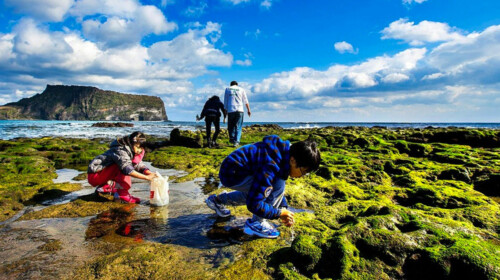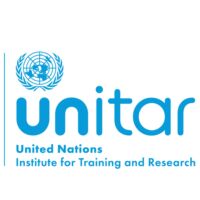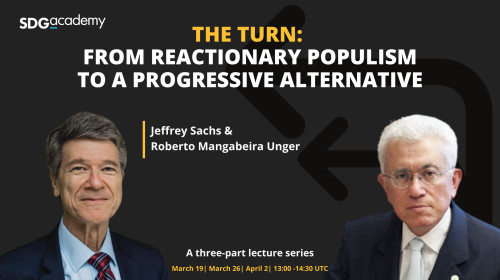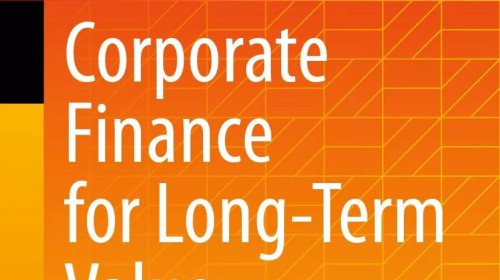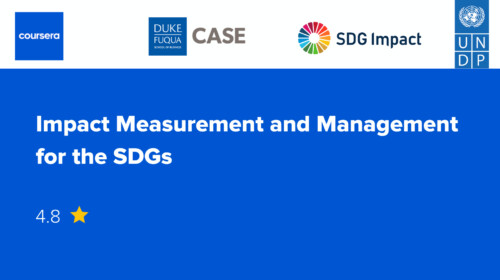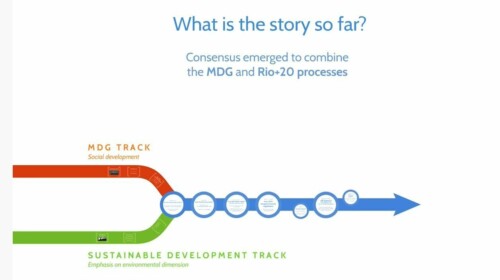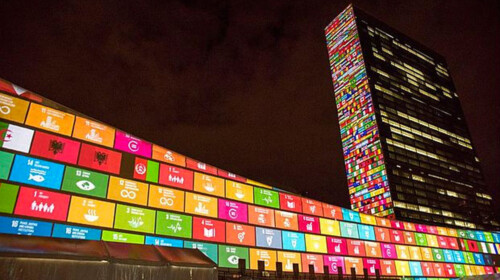2015 was marked by the adoption of four landmark UN agreements: Sendai Framework for Disaster Risk Reduction, Addis Ababa Action Agenda, 2030 Agenda for Sustainable Development and the Paris Agreement. The 2030 Agenda serves as an umbrella for the other three. It provides an overarching vision and a global framework for national strategies and policies in both developing and developed countries alike and is expected to lead the transformation on the road to 2030.
The 2030 Agenda has prompted a high level of interest among national authorities and civil society stakeholders already during the negotiations. It will be particularly important to build on this sense of urgency, and help enhance knowledge and skills of all the key stakeholders to ensure the new 17 global goals are implemented. Some of the critical knowledge gaps that will need to be addressed include the improved understanding of the changes required from policy-makers and ordinary citizens to achieve the Sustainable Development Goals (SDGs). Many questions are being asked: Are the SDGs significantly different from the Millennium Development Goals (MDGs)? What does a new focus on “leaving no one behind” mean for our policies? What kind of inequalities exist and why is it important to address them? What is policy integration? And how does sustainable consumption and production fit with economic growth and poverty eradication? What is the link between the roads and public health? Does a country that has no access to oceans or seas have to worry about Goal 14? Does violence affect the development prospects of a country? How exactly are these 17 global goals to be translated into national policy action?
This course is designed to address this type of learning needs and answer some of these questions. Its course content primarily draws on the key UN Member States’ Outcome Documents such as “Transforming our world: the 2030 agenda for sustainable development” and “Addis Ababa Action Agenda”. It has also benefited from the substantive expertise of the UN secretariat and other UN sister agencies.
Target Audience
Policymakers, everyone.
Learning Objectives
Following the completion of the course, participants will be able to:
- Define the key reasons behind the convergence between the post-Millennium Development Goals and sustainable development tracks;
- Explain the difference between the Millennium Development Goals (MDGs) and the 2030 Agenda in terms of ambition, structure, scope and approach;
- Identify main challenges in each Sustainable Development Goal area, as well as the key linkages between different goals;
- Analyze possible options in terms of financing and means of implementation for the SDGs, and the changing nature of Global Partnership for Sustainable Development;
- Identify the importance of review and follow-up for the implementation of the SDGs, as well as the crucial role and challenges of quality data collection and data literacy;
- Discuss the challenges of national evaluation systems, capacity, and capacity development in the framework of the follow-up and review processes.

